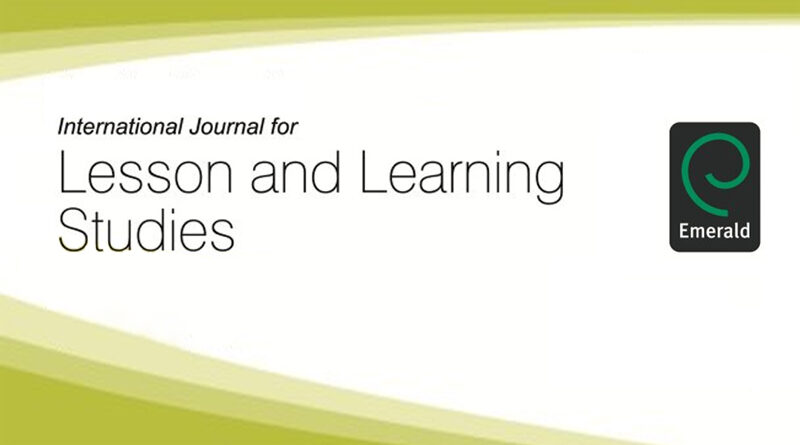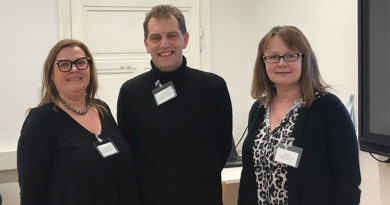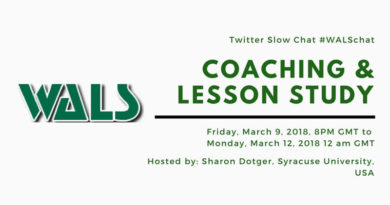Call for Papers for a Special Edition of the IJLLS on Networking Theories for Understanding and Guiding Lesson Study
Networking theories for understanding and guiding Lesson Study
Lesson Study (LS) has been adopted and adapted in different global settings. The effects of LS on students’ learning, teachers’ learning, and professional learning community building have been widely documented, but exploration of the theories that underpin LS remains an emergent field of study.
In the recent ICMI Study 25 conference proceedings on mathematic teachers’ collaborative learning, at least five theoretical perspectives including Social Practice Theory, Meta-Didactical Transposition framework, Cultural-Historical Activity Theory, Anthropological Theory of the Didactic, and Interconnected Model of Professional Growth on LS were identified for the study on LS. Moreover, various strategies have been utilized to network and develop the theory underpinning LS for better understanding of teacher collaborative learning and its design. These studies in mathematics education have demonstrated promising potential.
The editors of this special issue believe that an innovative networking approach could advance the theorizing of LS across the curriculum. Research papers demonstrating how networking theories might be used to strengthen the understanding and/or design of LS are welcomed. This special issue focuses on how networking theories (at least two theories) for understanding and/or designing LS or a well-developed theory for both understanding and designing LS simultaneously could be used to strengthen the practice of LS.
Based on a 500-words abstract, the co-editors will identify potential contributors to submit their full papers for consideration included in the special issue (see the timeline below). The full papers will be due by the end January 2022 and will be peer reviewed.
Special Issue: International Journal for Lesson and Learning Studies (Vol. 12 Issue 1, 2023 (1))
www.emerald.com/insight/publication/issn/2046-8253
Timeline: May 31, 2021, Abstract of 500 words identifying themes of interest to be sent to co-editors:
Rongjin Huang: rhuang@mtsu.edu
João Pedro da Ponte: jpponte@ie.ulisboa.pt
Stéphane Clivaz: stephane.clivaz@hepl.ch
June 30, 2021: Communication of the decision of acceptance of the abstract.
January 31, 2022: Deadline for submission of original manuscripts
March 31, 2022: Completion of first round of reviews
April 30, 2022: Submission of revised manuscripts
December 31, 2022: Online publication
Early January, 2023: Print publication




